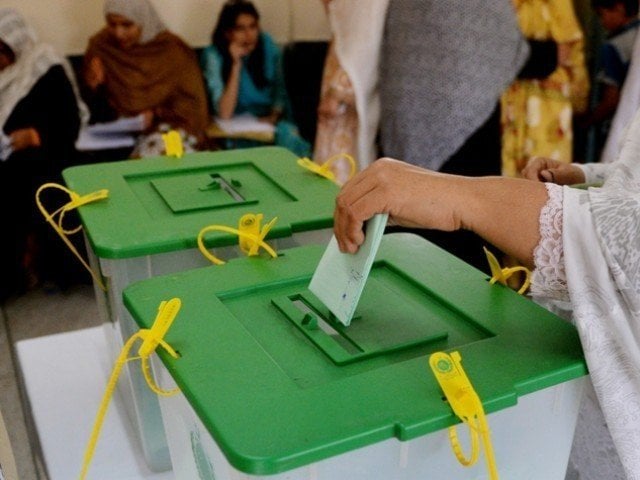In a bid to promote democratic values and ensure the fairness and freedom of Pakistan’s electoral process, the United States has called upon Pakistani institutions to engage in extensive consultations with political parties. Elizabeth Horst, the lead US diplomat for South and Central Asian affairs, emphasized the importance of collaborative efforts to uphold democratic principles and respect for human rights during a recent interview with Dawn.
US Diplomat Emphasizes the Need for Consultation with Political Parties
Elizabeth Horst stressed that the future leadership of Pakistan should be determined by the Pakistani people through their votes, affirming the US commitment to fostering a democratic process in the country. She underlined the significance of Pakistani institutions working closely with political parties to ensure that elections are conducted fairly and freely.
“We want to see the (electoral) process advance in a way that facilitates broad participation, with respect for freedom of expression, assembly, and association,” Ms. Horst asserted. She also reiterated the US’s interest in supporting a democratic process, highlighting that Pakistani institutions oversee and administer the electoral process.
Human Rights and Freedom of Expression in Focus
Elizabeth Horst highlighted the prominence of human rights in US assistance to Pakistan, encompassing not only development programs but also security and law enforcement cooperation. She mentioned that senior US officials regularly raise human rights concerns during discussions with their Pakistani counterparts.
These discussions include topics such as “restrictions on free speech and a free press, threats and harassment of journalists and their families, censorship of criticism of the military and armed forces, restrictions on freedom of movement, defamation and blasphemy laws, and use of local law and regulation to silence independent media by suspending licenses.”
Ms. Horst emphasized that a free, independent media is a crucial pillar of every democratic society. Additionally, she pointed out that issues related to the freedom for peaceful assembly and association are regularly addressed in bilateral meetings with Pakistani officials, especially in the lead-up to national elections.
Clarifying US Position on Pakistani Leadership and Media Narratives
Addressing the perception that the United States played a role in bringing down former Prime Minister Imran Khan’s government and seeks to influence Pakistan’s political landscape, Elizabeth Horst reiterated that Pakistan’s future leadership should be determined by its citizens. She emphasized that the electoral process is led and decided by Pakistan’s institutions in consultation with political parties, reaffirming the US’s commitment to democratic principles.
Ms. Horst expressed surprise at false narratives in the Pakistani media, stating that the US does not support any specific candidate or party over another. She affirmed the US’s dedication to strengthening its partnership with Pakistan, regardless of the political choices made by the Pakistani people.
Lastly, in response to the arrest of Pakistani Americans in Pakistan for participating in political activities, Ms. Horst emphasized that ensuring the safety of US citizens abroad is a top priority for US diplomats. She highlighted their commitment to ensuring that detained US citizens are treated fairly and in accordance with local and international laws.
In conclusion, the United States’ call for Pakistani institutions to advance the electoral process in consultation with political parties reflects its commitment to supporting democracy and upholding human rights in Pakistan. Elizabeth Horst’s statements underline the importance of these principles in US-Pakistan relations and clarify the US’s stance on Pakistani leadership and media narratives.















